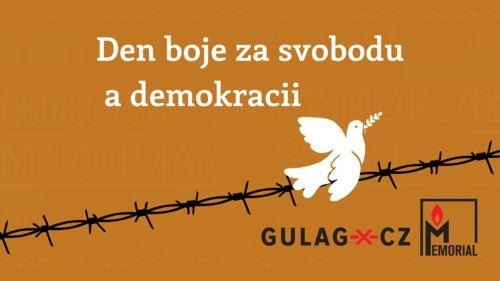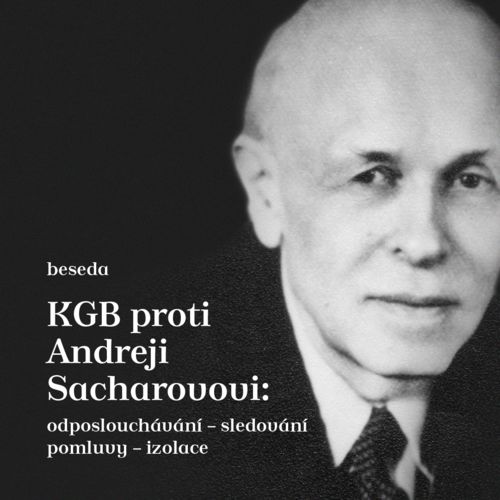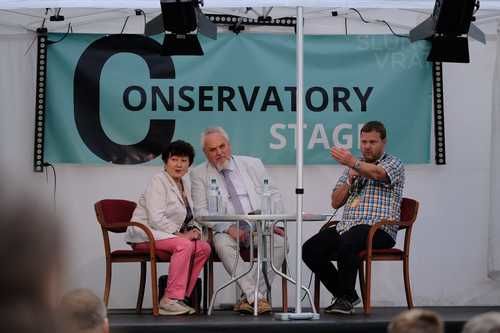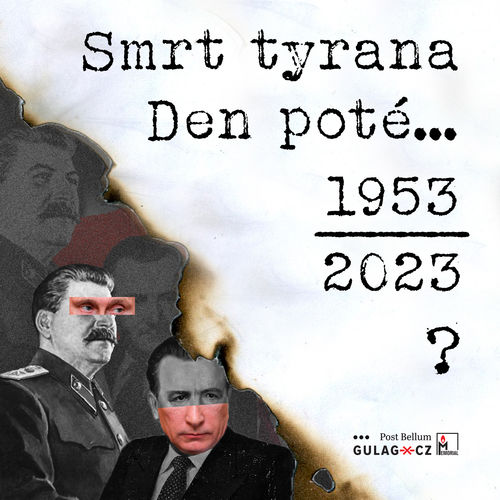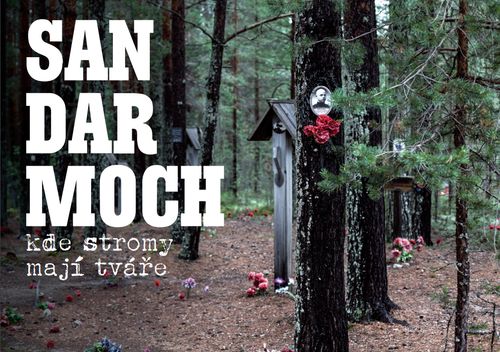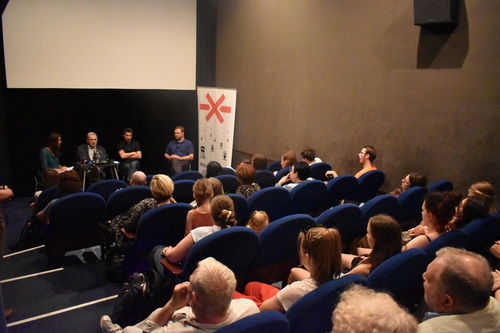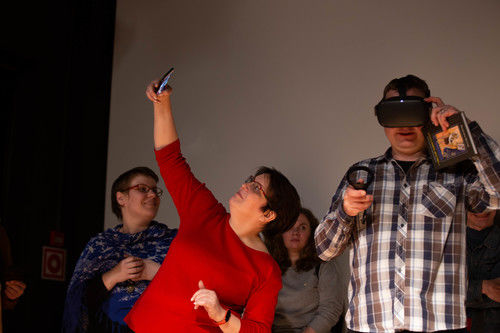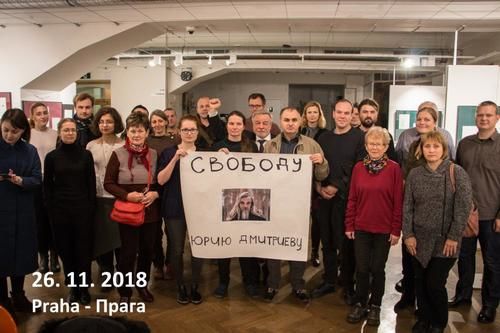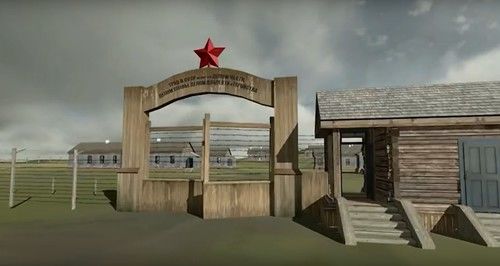The Soviet terror left an indelible mark in today’s Kazakhstan. More than one million Kazakhs died of famine and millions of other people were deported to the country’s barren steppes from all over the then Soviet Union. Among others, the repressions also hit hundreds of Czechs and Czechoslovak citizens. An expedition of the Gulag.cz team set out to map the remnants of the Gulag camps and the stories of their victims. A new documentary film and a new dedicated website are the outcome of the expedition.
The traces of labour camps and Soviet-era repressions are still present in Kazakhstan’s magical landscape and in local people’s memory. This prompted Gulag.cz to undertake an expedition to this post-Soviet country in November 2021, and now the team is back with a testimony to its dark past, collated during an adventurous journey across the unforgiving winter landscape.
Both the documentary film titled Step a mráz (Steppe and Frost) and the website that presents the research results was launched on 5 March 2024, the anniversary of J. V. Stalin’s death. The results of the expedition include 3D models and panoramic images of Gulag camp ruins and objects found inside, stories of the victims of repressions, current satellite images of the sites along with CIA’s espionage photographs from the 1950s–60s presented for a side-by-side comparison, and a wealth of other unique material.
As part of the expedition, the team visited Alzhir, the former women’s camp in Akmolinsk, the ruins of the giant Karlag camp compelx in the settlements of Dolinka and Spassk, and the remnants of the Steplag camp in and around the town of Zhezkazgan. Using non-invasive archaeological methods, they documented the ruins of the decayed camp buildings and explored the destinies of Czech victims. “We thoroughly documented previously unreported remnants of camps, prisoners’ dugouts, and barracks in the vicinity of Zhezkazgan. Some of them were levelled following our visit, so we have preserved their appearance at least in a virtual form,” says Štěpán Černoušek, the author of the project and the chair of Gulag.cz.
The topic of Czechs and Czechoslovak citizens who fell victims to Soviet repressions on the territory of today’s Kazakhstan has yet to be explored thoroughly. Ethnic Czechs lived there before World War II; there were likely hundreds of those. Many of them suffered from the repressions, most notably during the Great Terror of 1937–1938. Other Czechs and citizens of Czechoslovakia were deported to Gulag camps in Kazakhstan from other parts of the Soviet Union. During the 1938–1945 period (and until 1946 in some cases), at least four Czech women were held in the Akmolinsk camp for the wives of ‘traitors to the homeland’ (Alzhir), and this project has helped in shedding more light on the destinies of some of them.
Step a mráz was officially premiere in Prague’s Kino Atlas on 5 March 2024 Additional screenings and lectures all over the country will be scheduled after the premiere.
You can also find out more under this Facebook event.
All the results of the expedition was also posted at www.expedicekazachstan.cz with effect from 5 March. The website is intended for people interested in the Soviet repressions and their history, and can also serve as a source of information for educators and students. At the same time, it is an extension of the Gulag XR educational programme that Gulag.cz launched last year, which is accessible free of charge at www.gulagxr.eu.
Would you like to see the film? Contact us at [email protected] or call +420 604 229 355.
Photo gallery from the premiere of Steppe and Frost on March 5 2024:
Photos from the expedition to Kazakhstan in November 2021:
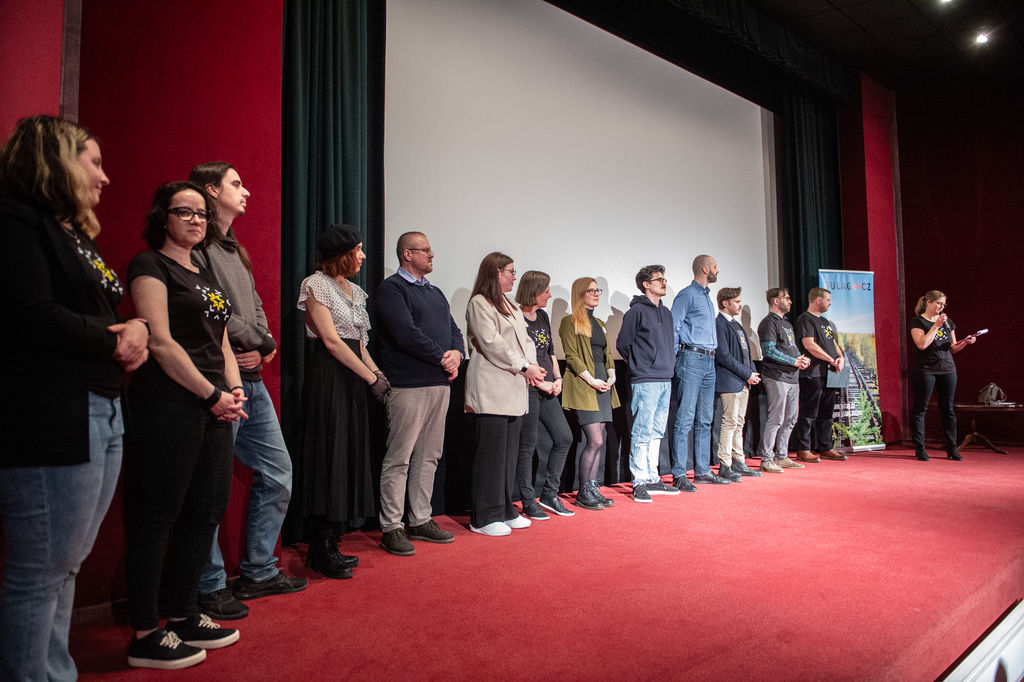
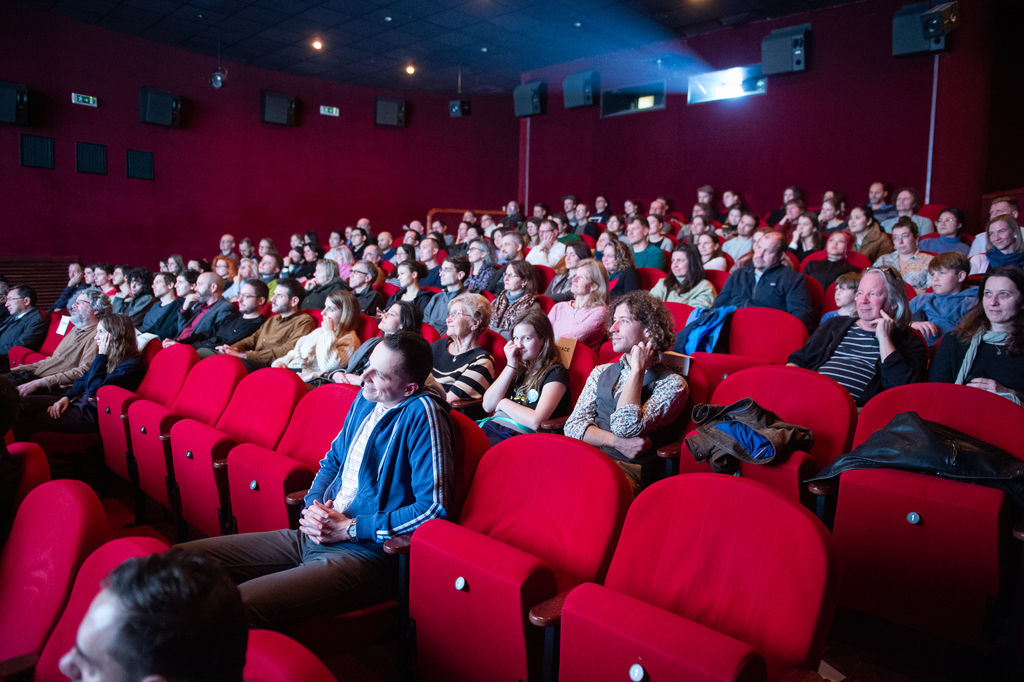
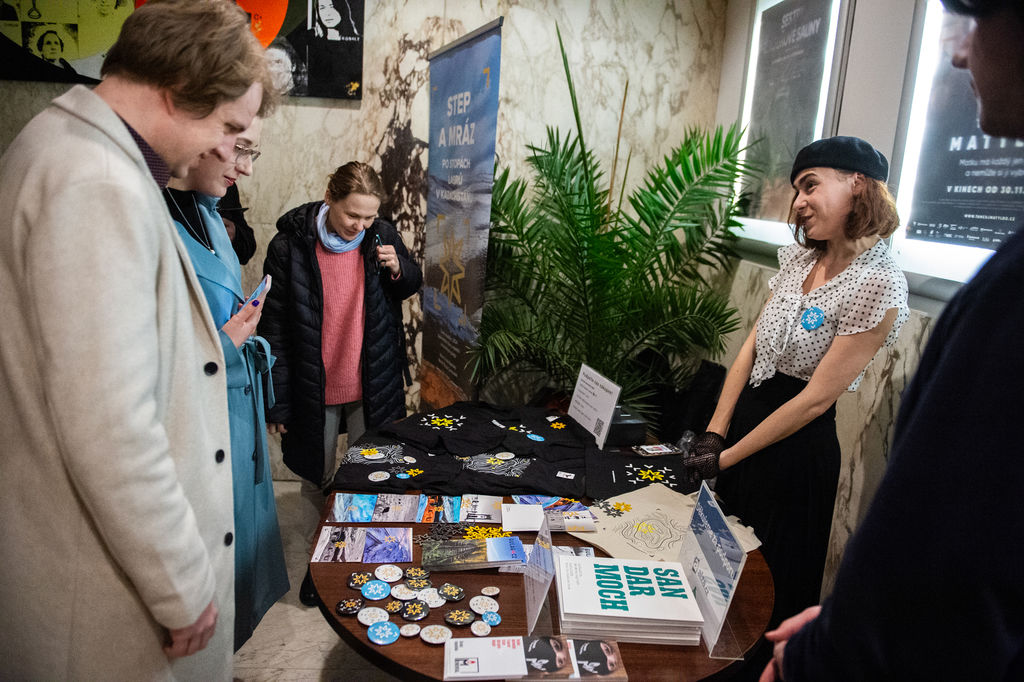
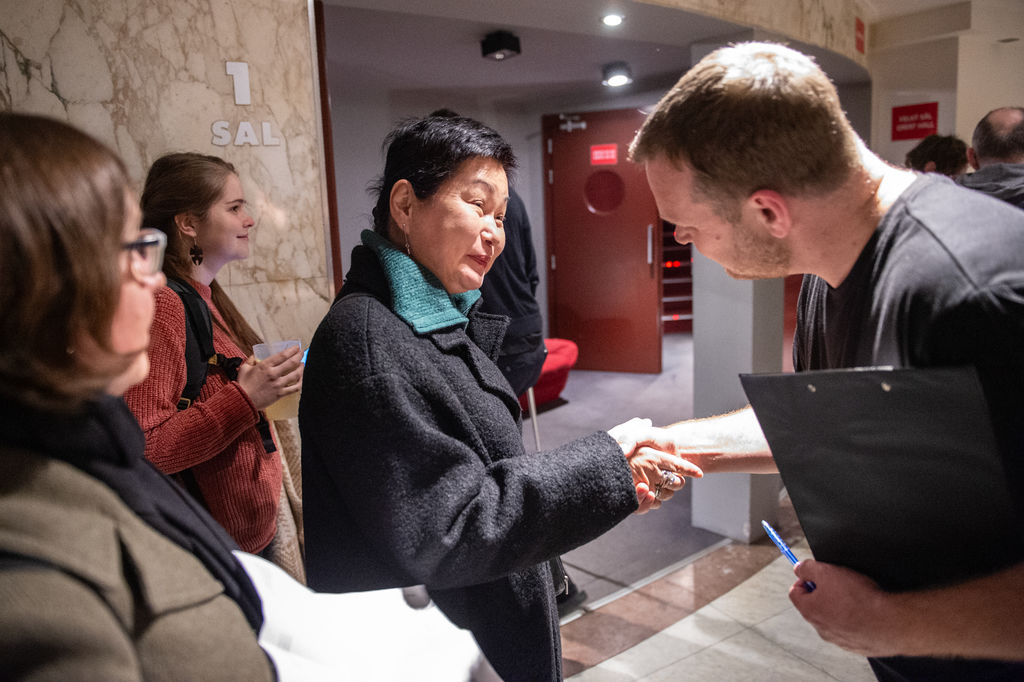
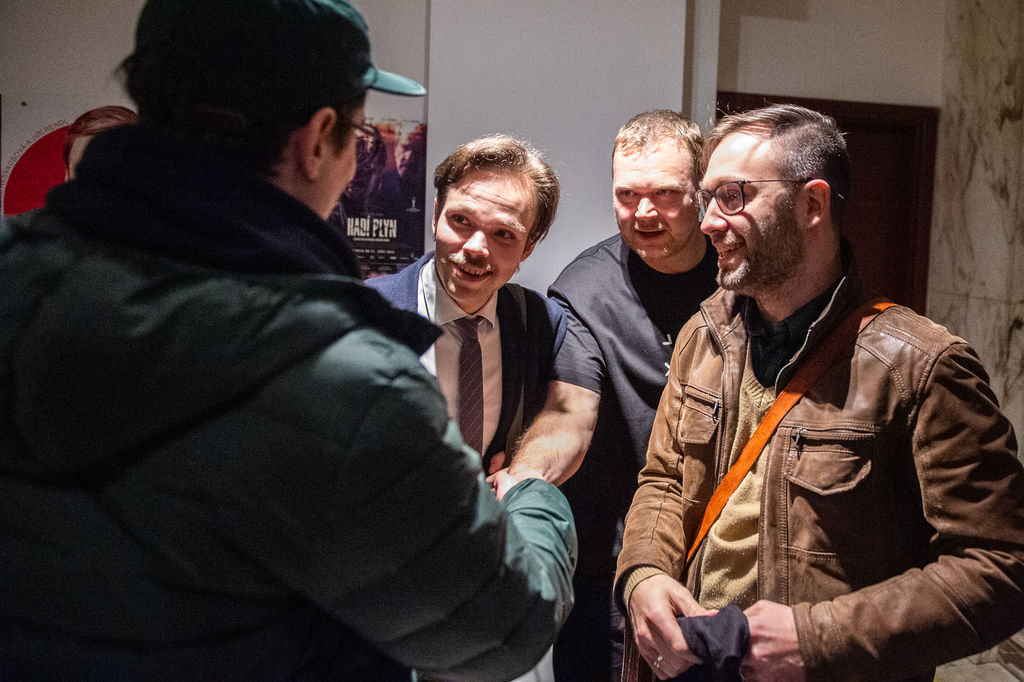
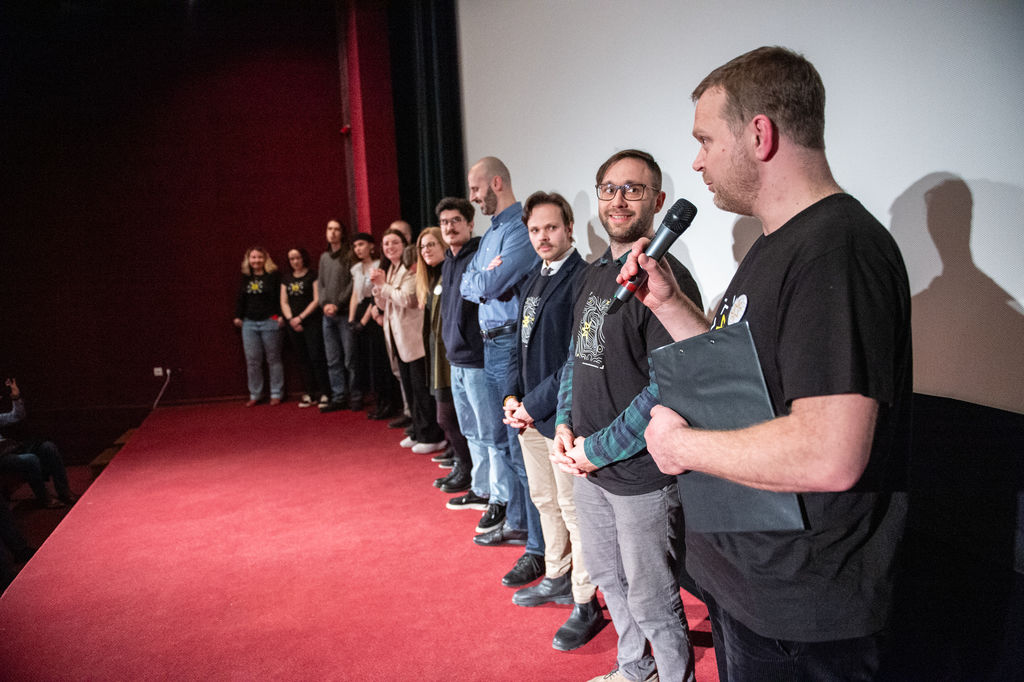
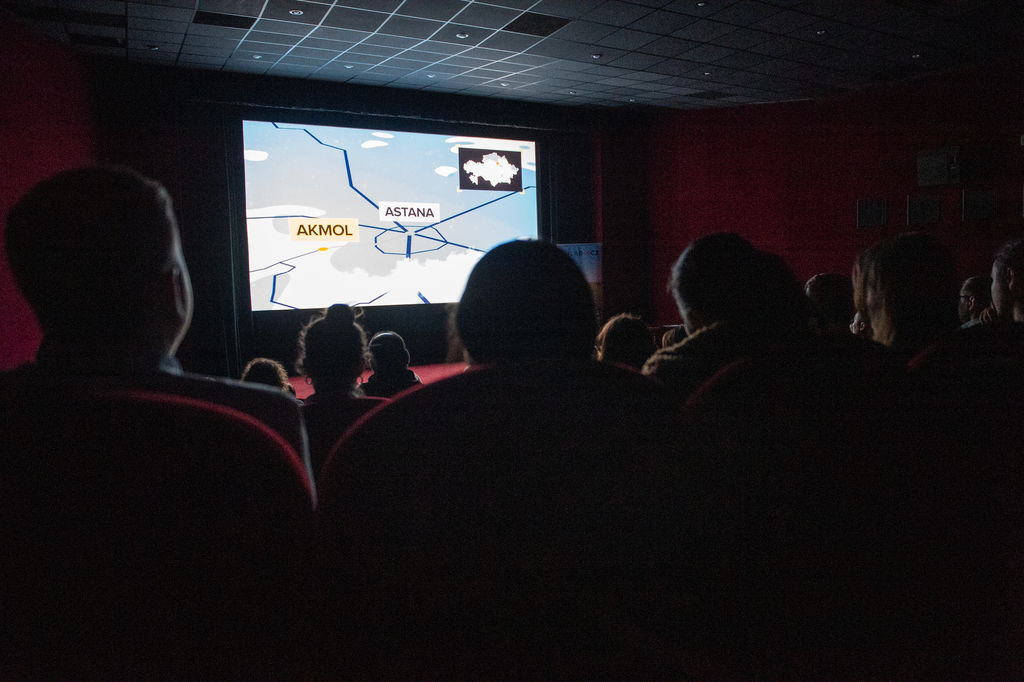
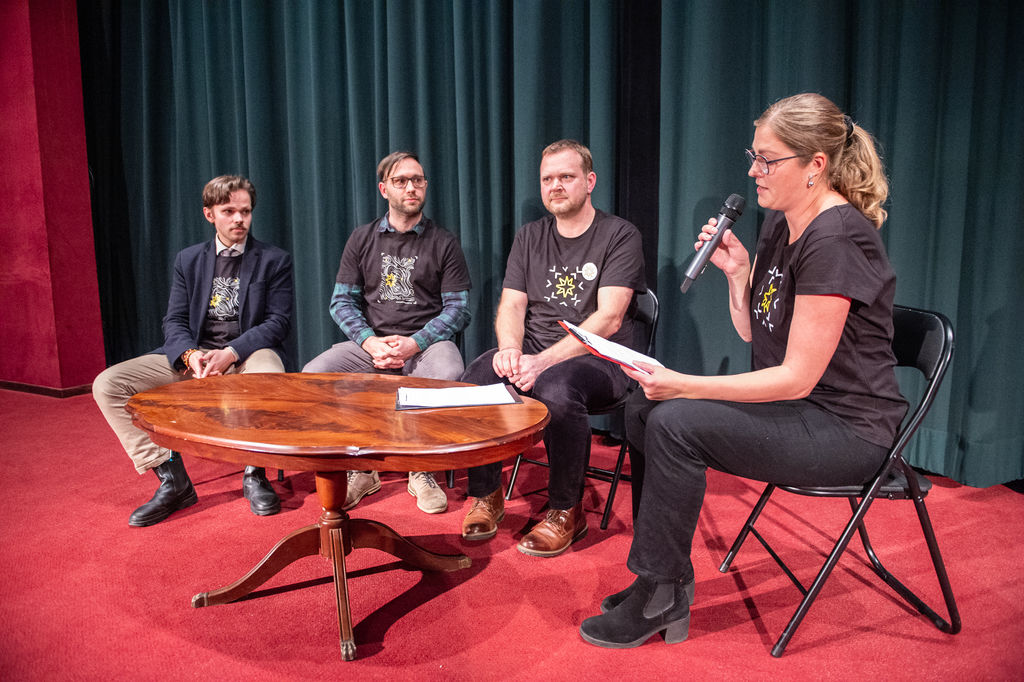
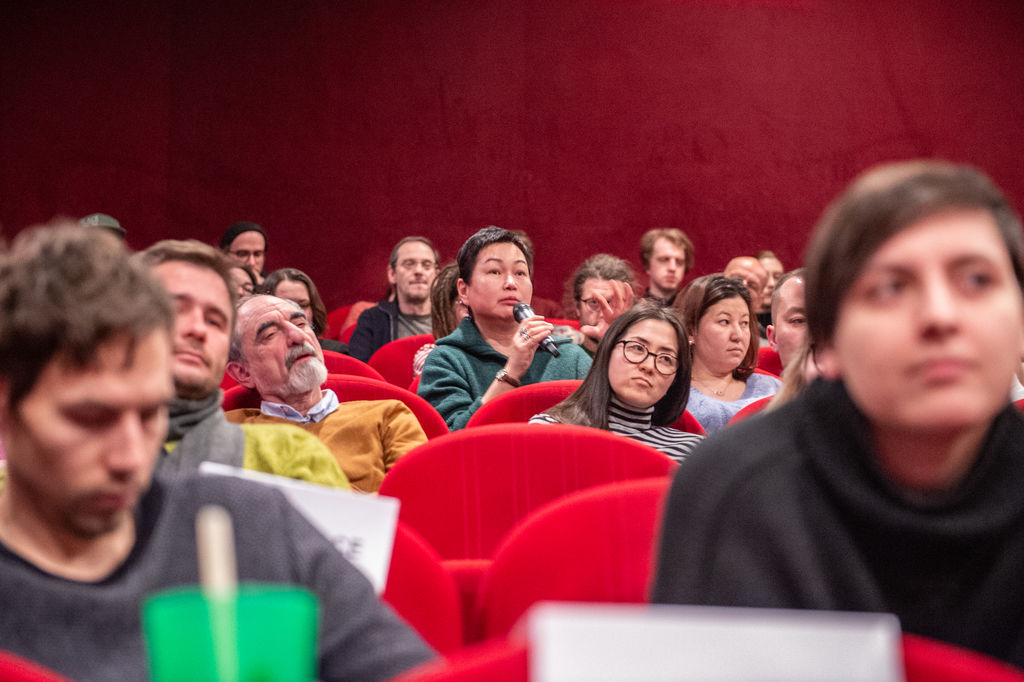
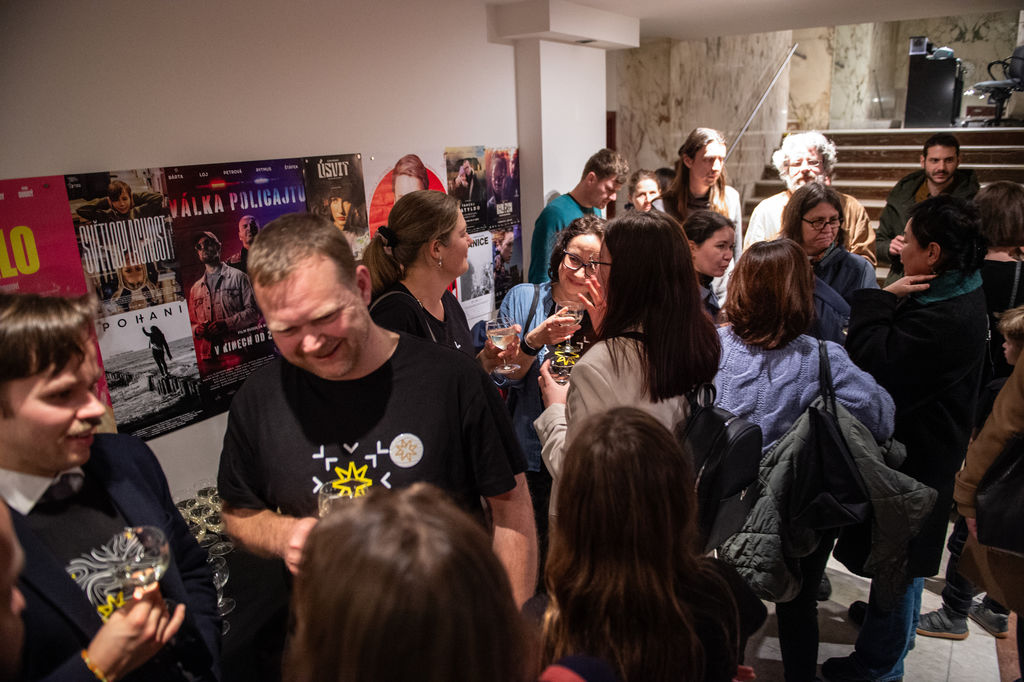
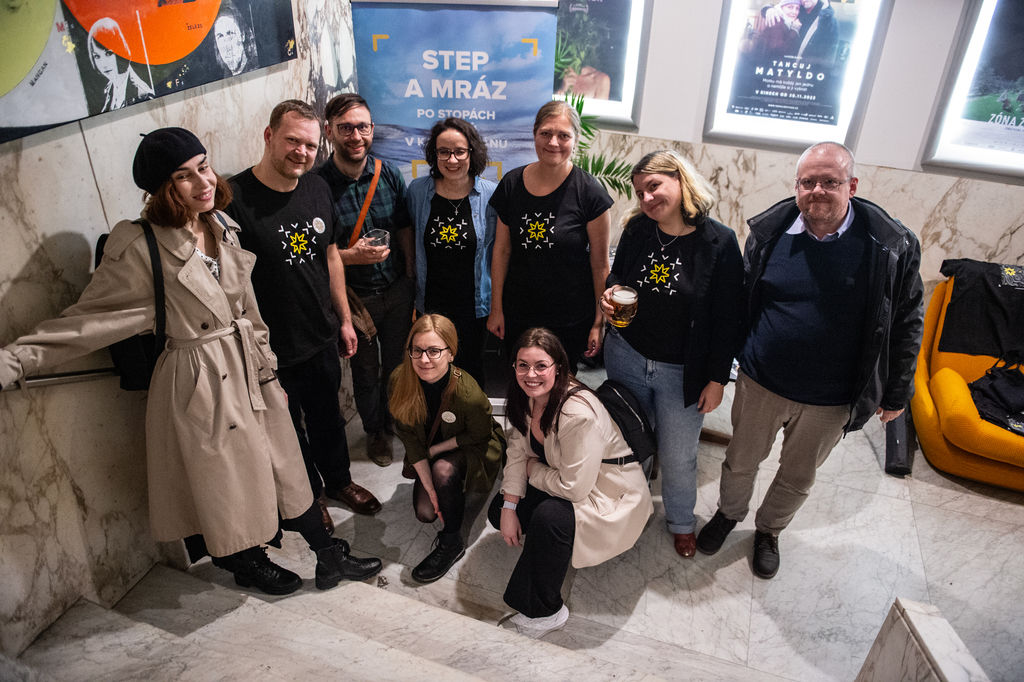
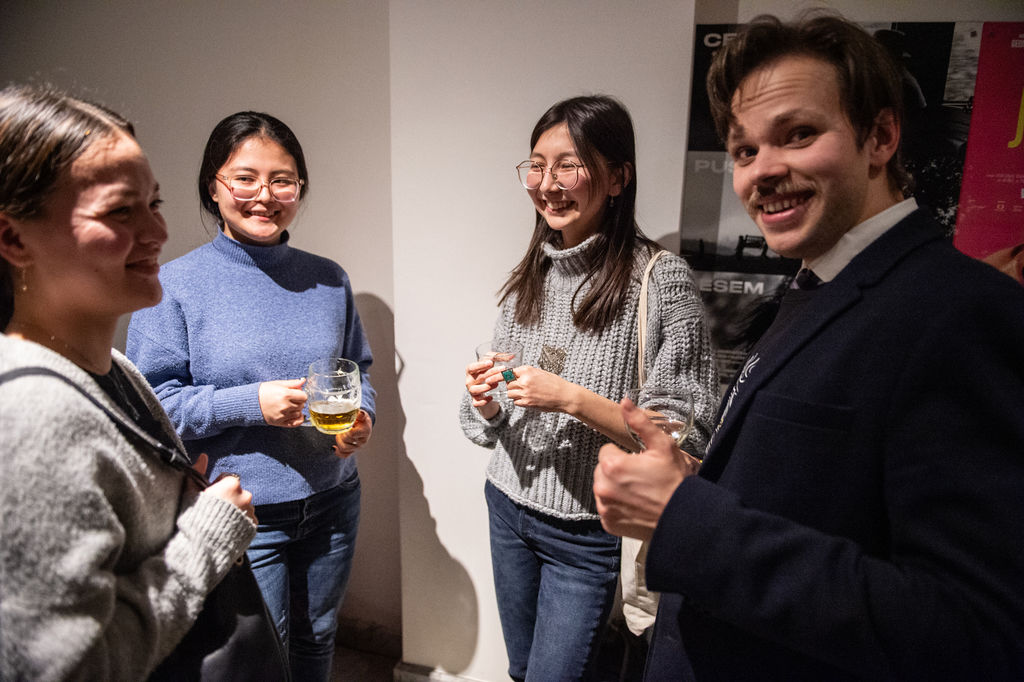
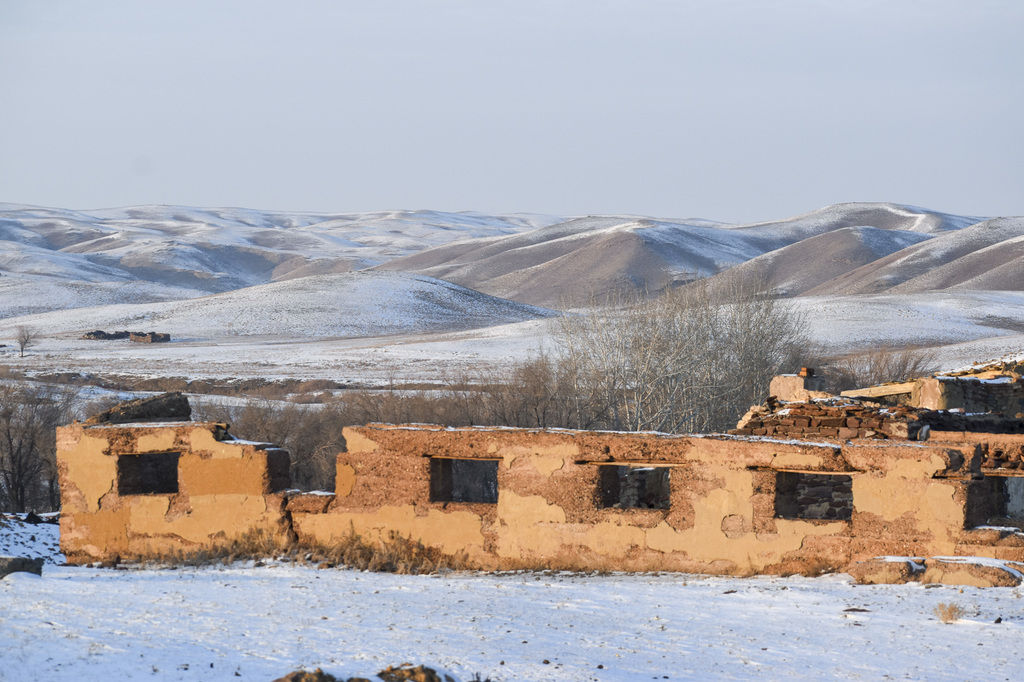
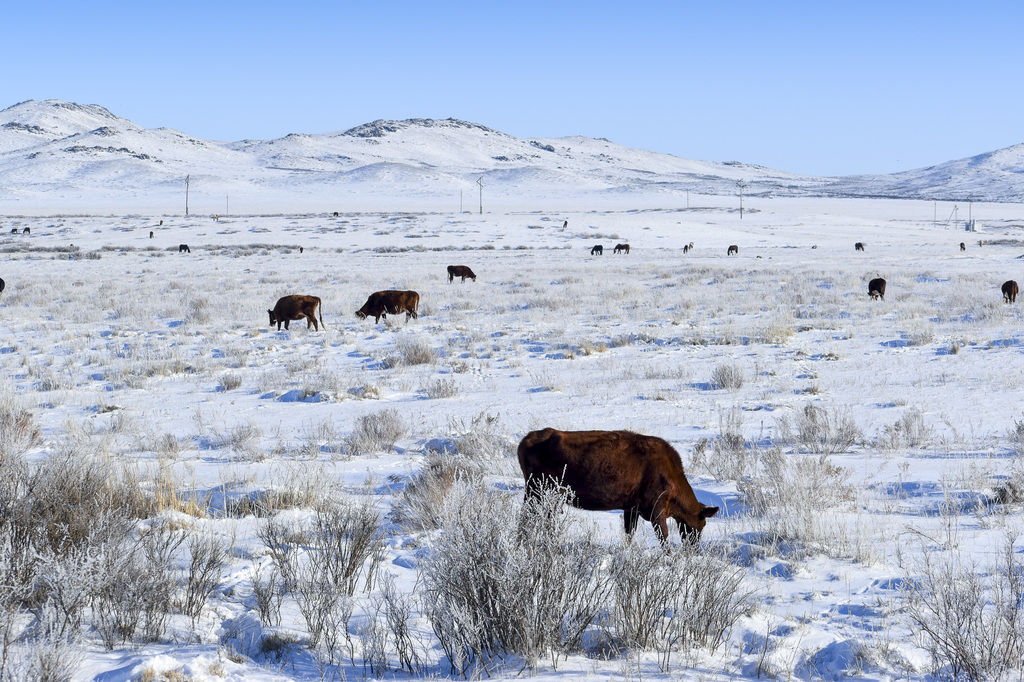
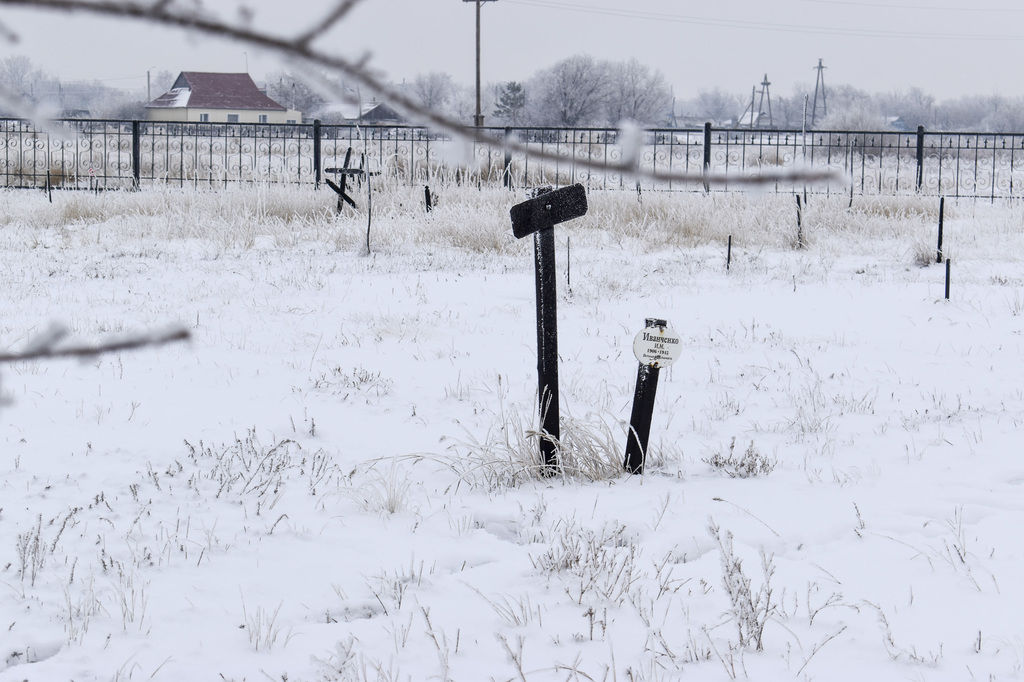
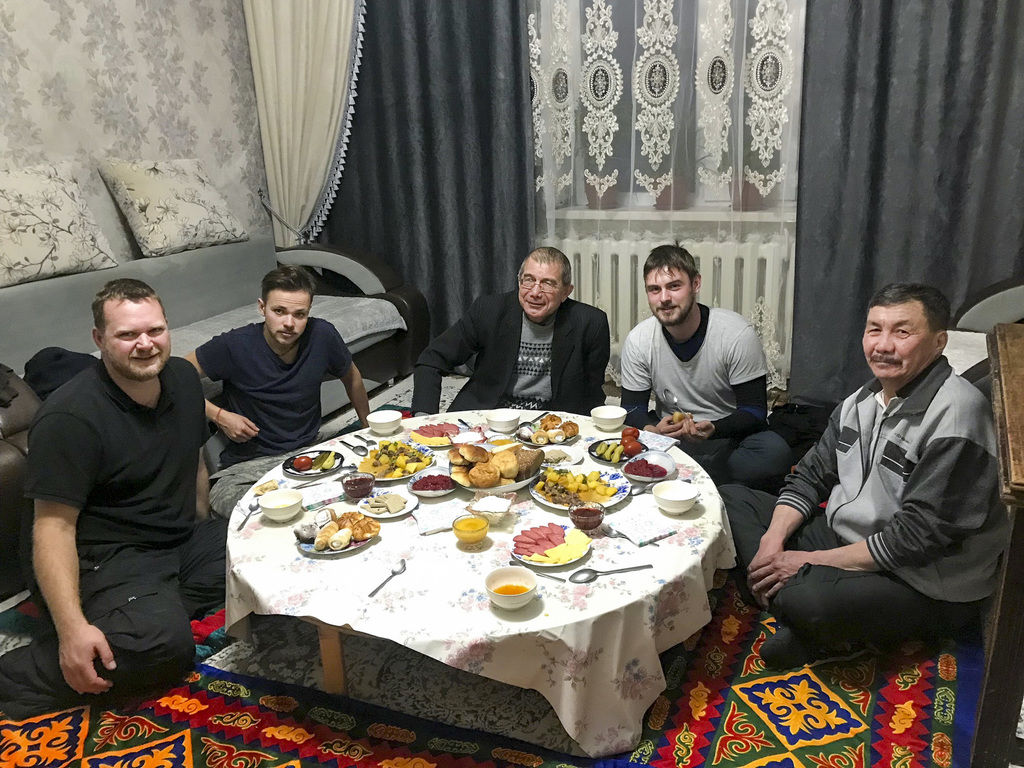
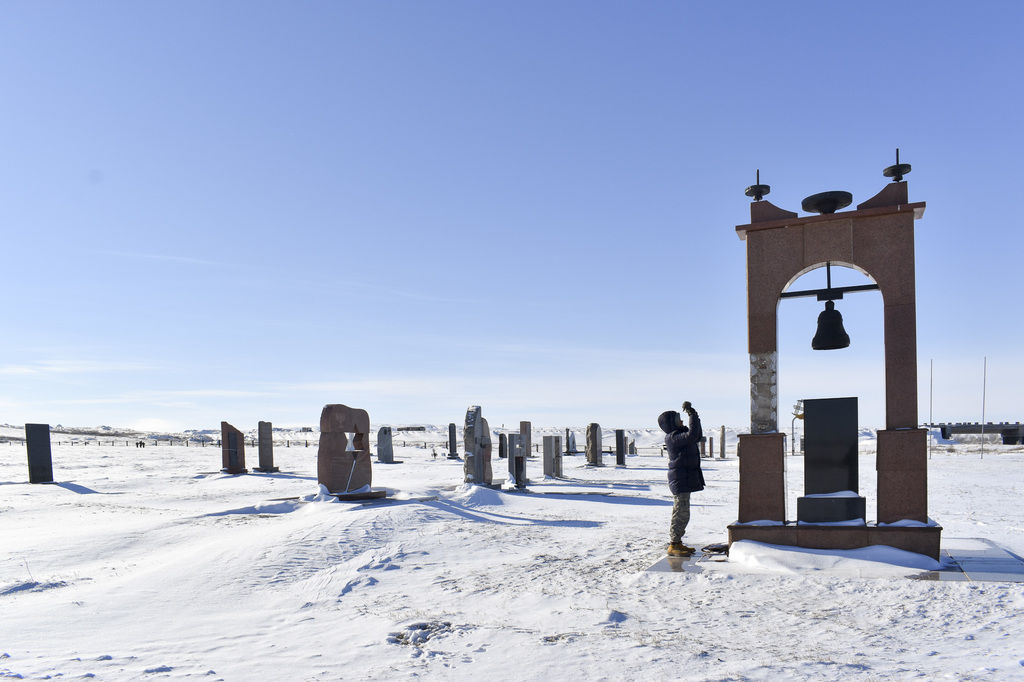
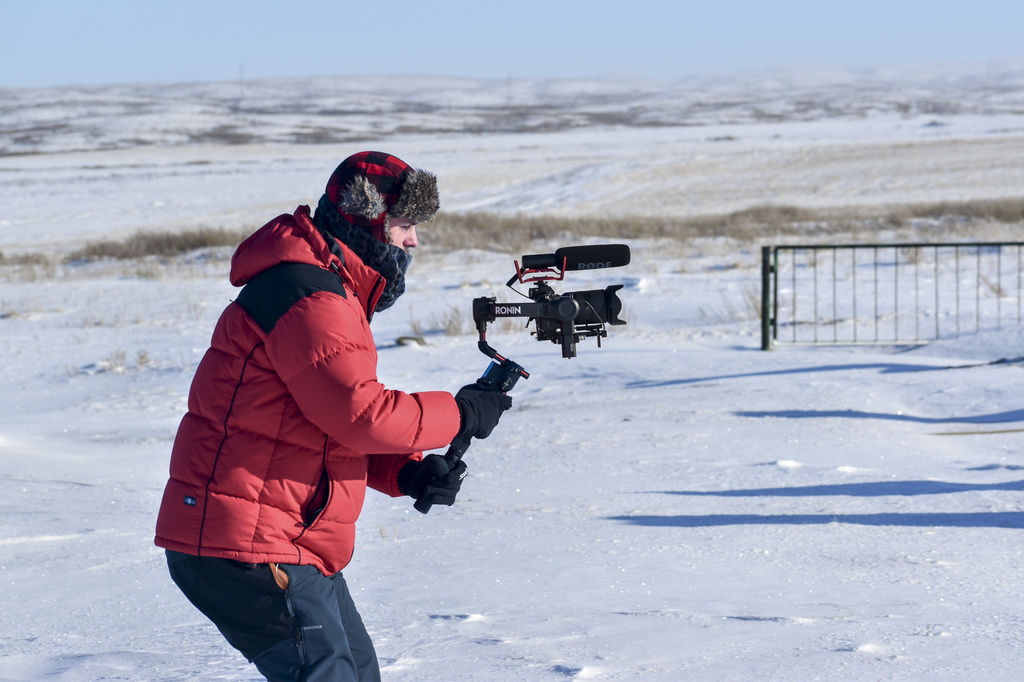
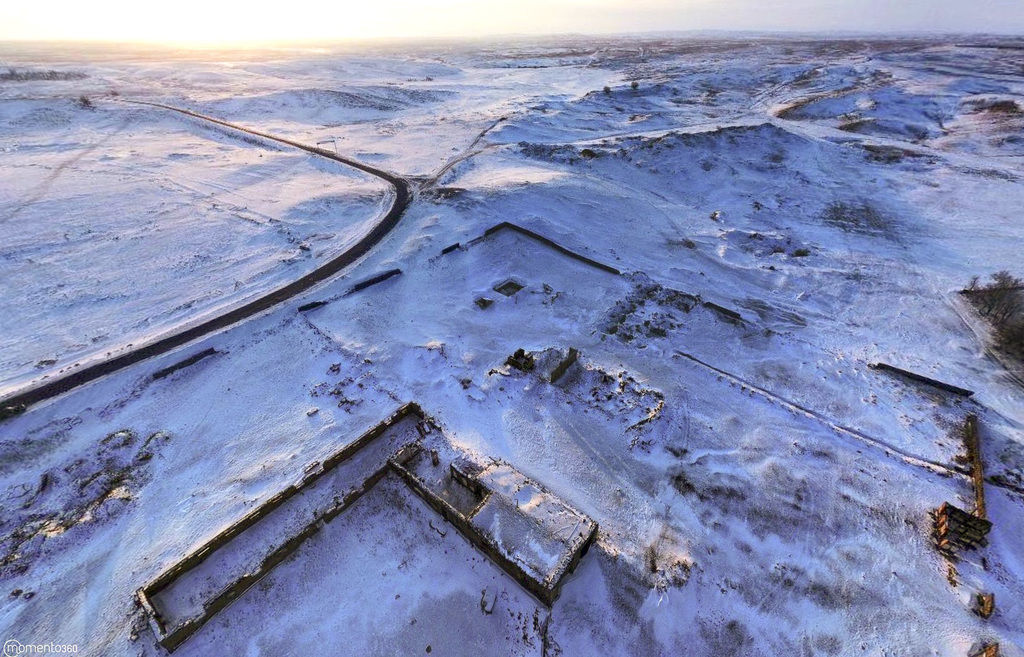
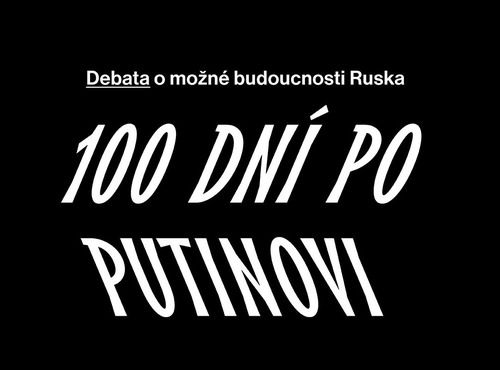
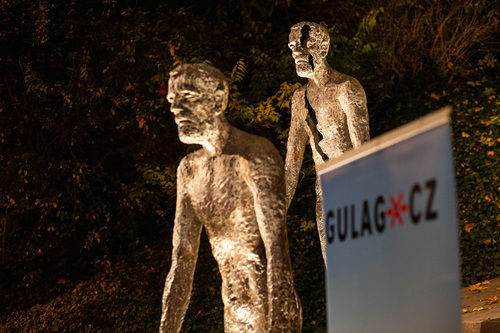
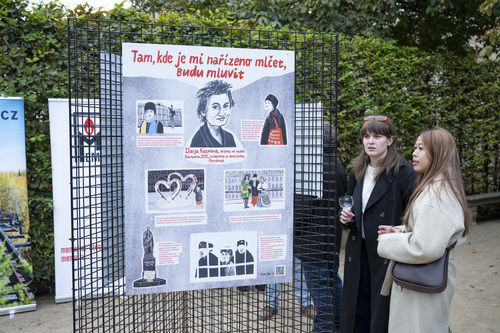
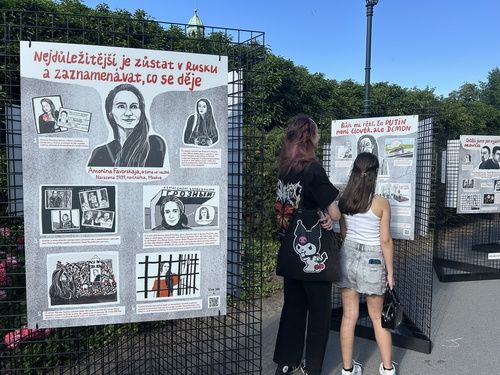
.jpg)
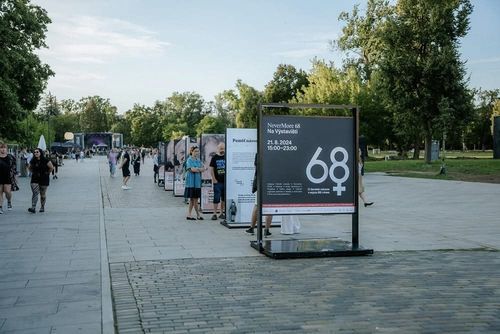
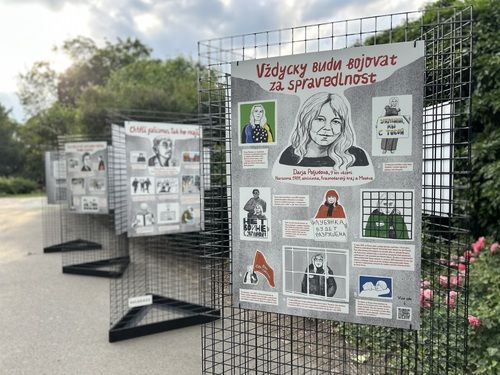

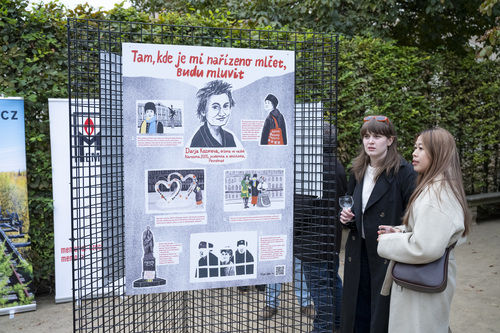
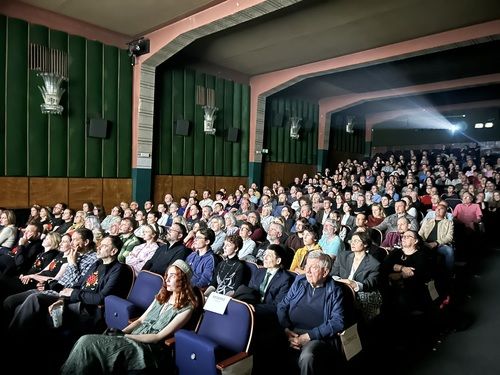
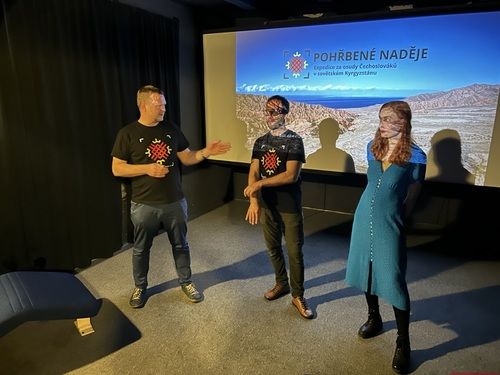









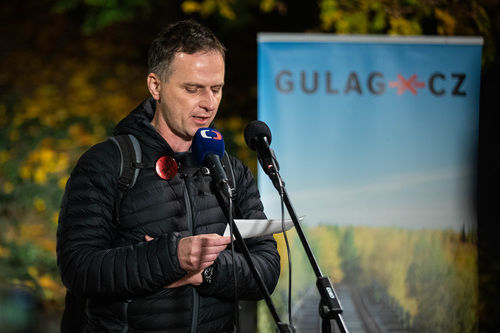
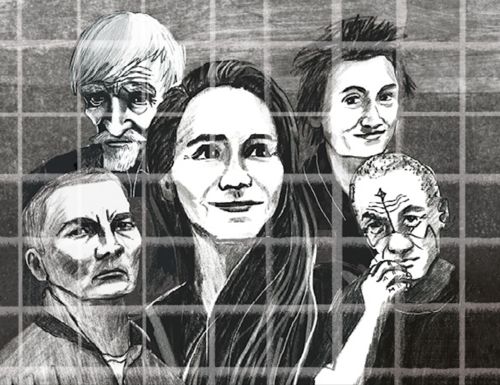
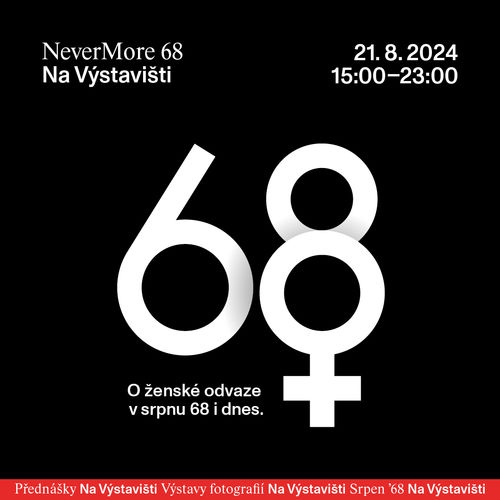


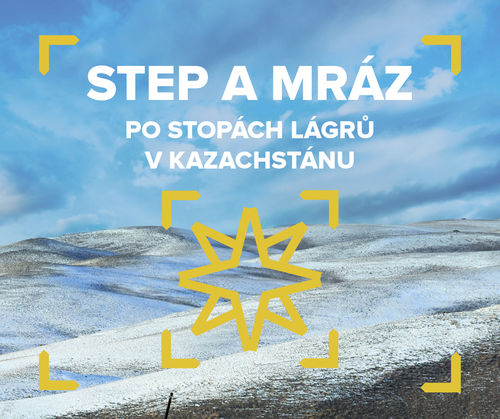
.jpg)
